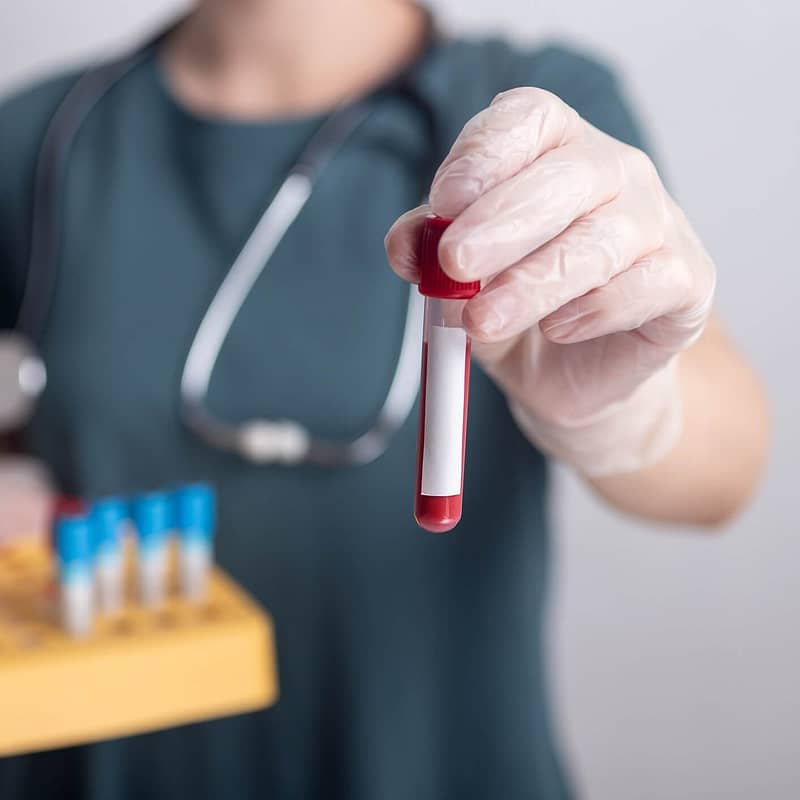Why screen for gastric cancer?
We often seek medical attention when we feel that something is wrong, yet the condition may be advanced with costly treatments and poor prognosis. This is especially so for gastric cancer, which typically causes no symptoms in the early stages of the disease. According to Globocan, stomach cancer was amongst the top 15 cancers in terms of incidence in the Philippines in 2020.
Early detection has been shown to saves lives, reduce healthcare costs and offer good outcomes to people. Filipinos will be able to get themselves screened for stomach cancer and take steps towards enabling early and effective treatment.


GASTROClear for Gastric Cancer Screening
As the world’s first molecular blood test for early detection of gastric cancer, GASTROClear is a Class C medical device approved by the Health Sciences Authority (HSA) in Singapore that was launched as an IVD product in Singapore in 2019. It has up to 86% sensitivity and 89% specificity in asymptomatic patients. It ensures that detection and treatment is provided early before it reaches the late stages where survival rates for gastric cancer are at 90%, which decreases by 20% if it is diagnosed at the 4th stage.
A convenient blood test to assess and manage your gastric cancer risk
Simplifies stomach cancer screening by using blood to assess your risk before symptoms appear.
Higher detection rate and fewer false positives than traditional stomach cancer markers.
Your risk score will indicate if you are at Low Risk, Intermediate Risk, or High Risk of having stomach cancer.
Your doctor will interpret the test report and refer you for gastroscopy if needed.

GASTROClear provides information on your risk of gastric cancer, and you can then manage your risks via regular screening for early detection, where treatment is more effective and less costly. The miRNA from your blood sample are analysed via qPCR to provide a quantitative risk score from 0 – 100, indicating a person’s risk of having gastric cancer. GASTROClear is more cost-effective, less time consuming and non-invasive compared to gastroscopy. With a higher detection rate, at 87.5% for stage I and 89.5% for stage II, GASTROClear has been shown to be 20% more accurate than other blood-based biomarker tests for stomach cancer.1 The test should be done around once or twice a year, which will be advised by the doctor based on your age, risk factors, lifestyles and risk score.
Book an appointment with us today to understand your risk towards gastric cancer For more information, contact us or visit https://gastroclear.mirxes.com/.
Gastric Cancer Screening
Reference
- So JBY, Kapoor R, Zhu F, et al. Development and validation of a serum microRNA biomarker panel for detecting gastric cancer in a high-risk population. Gut. 2021;70:829-837
